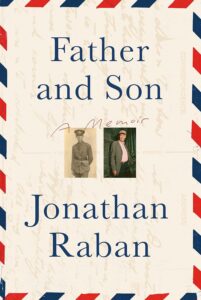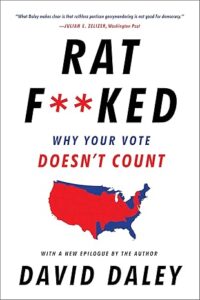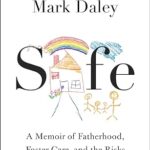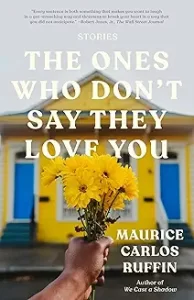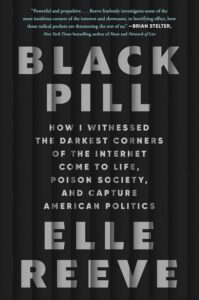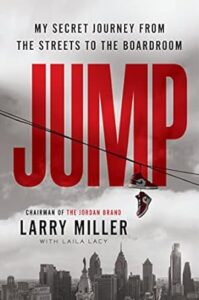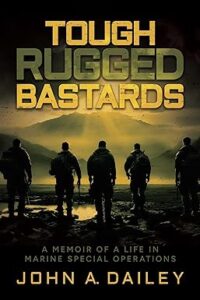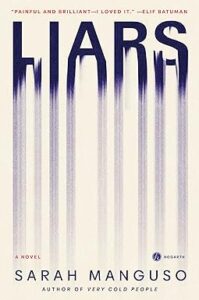(Reviewed by Ann Onymous )
Raban the son endured a stroke, Raban the father endured the battlefield.
“I was transformed into an old man quite suddenly, on June 11, 2011, three days short of my sixty-ninth birthday.”
As a stroke survivor myself, I was very intrigued when I read the description of this book.
Jonathan Raban had a stroke – just before his birthday and just as his daughter was about to graduate from high school.
The medical moment was not on his agenda. A Brit, award-winning travel writer, playwright, critic, novelist, living in Washington state, he was divorced and co-parenting successfully. After denying his symptoms for almost a full day, he agreed to go to the hospital. As he was about to go into a scanner, he had to change from his street clothes into a hospital gown — “an item that had been through the wash so many times that it was hardly more substantial than a spiritualist’s supernatural ectoplasm. It was a struggle to feed my dead right arm into and down the sleeve of this ghostly piece of apparel.”
Father and Son compares Mr. Raban’s experience in rehab after his stroke versus his father‘s experiences in World War II. Via love letters between his mother and father we learn of his father’s service. The book details several battles with the insider perspective of men who went through it. The correspondence reveals Raban’s father’s perception on the war and how he downplayed reality to preserve his wife’s sanity reading along at home.
For scholars of WWII, this book is fascinating. For anyone who has been in a hospital, the stories will bring back memories, both good and bad. When Raban was able to get a pass to exit rehab, he explains that he was not a prisoner of war and was released to enjoy the freedom of a meal with his friend.
This was Jonathan Raban’s last book before he passed away at age 80 in 2023. Gratefully, we get to read this final contribution from this gentle man.

